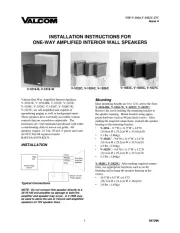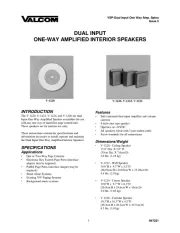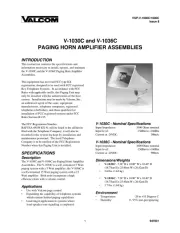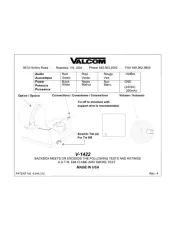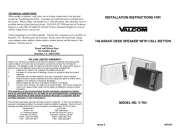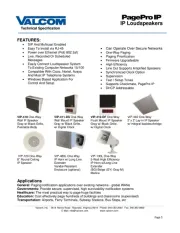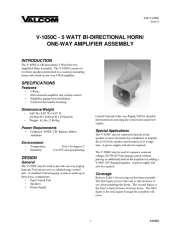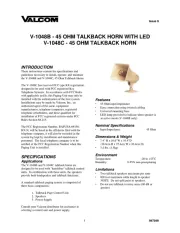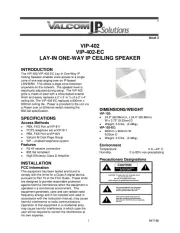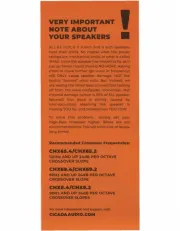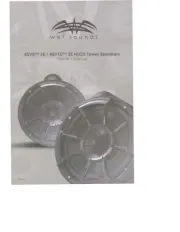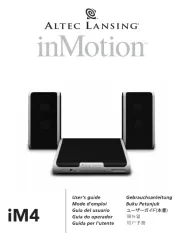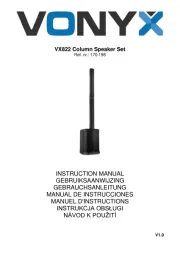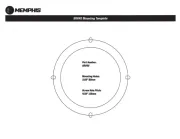
CAUTION: To reduce the risk of electric shock,
Do not remove cover (or back).
No user serviceable parts inside.
Refer servicing to qualied service personnel.
This symbol indicates that dangerous
voltage constituting a risk of electric
shock is present within this unit.
This symbol indicates that there are
important operating and maintenance
instructions in the literature accompanying
VIP- - , VIP- - - 422A SA 422 SA V4
LAY- TALKBACK IP CEILING SPEAKER IN
The VIP-422A- and VIP- - - are Intrado SA 422 SA V4
Revolution Compliant - Talkback IP Ceiling Lay In
Speakers, enabling voice access to single zones of
paging over an IP-based network. The speaker
output level is controlled by the Revolution server.
The lay-in ceiling speaker grille is made of steel
with a white baked enamel nish. The VIP- 2A-42
SA . Power is provided replaces a 2’ x 2’ ceiling tile
to the unit via a Power over an Ethernet (PoE)
switch meeting the 802.3af specication. The -V4
model is identical in t, form and function to the non
• Intrado Revolution Server
• SIP enabled telephone system –
• Valcom M Cast Page Group
• Full Duplex Communication (-V4 only)
• Ambient Noise Adjustment (-V4 only)
• Power over Ethernet (PoE) 802.3af compliant
• High E iciency Class-D Amplier ff
Humidity: 0 to 85% non-precipitating
These products are intended for use with a UL
Listed power source marked “Class 2” or “LPS”
rated 24VDC, or 48VDC (PoE).
PoE and all interconnected ITE are intended for
• 23. L x 23. W x D 75” 75” 3.75”
(60.33 cm) x (60.33 cm) x (9.53 cm)
• Weight: 5.5 lbs. (2.49kg)
This equipment has been tested and found to
comply with the limits for a Class A digital
device, pursuant to Part 15 of the FCC Rules.
These limits are designed to provide reasonable
protection against harmful interference when
the equipment is operated in a commercial
environment. This equipment generates uses,
and can radiate radio frequency energy and if
not installed and used in accordance with the
instruction manual, may cause harmful
interference to radio communications.
Operation of this equipment in a residential area
may cause harmful interference in which case
the user will be required to correct the
interference at his own expense.


